Sanctions are meant to punish Russia. Will they punish Americans, too?

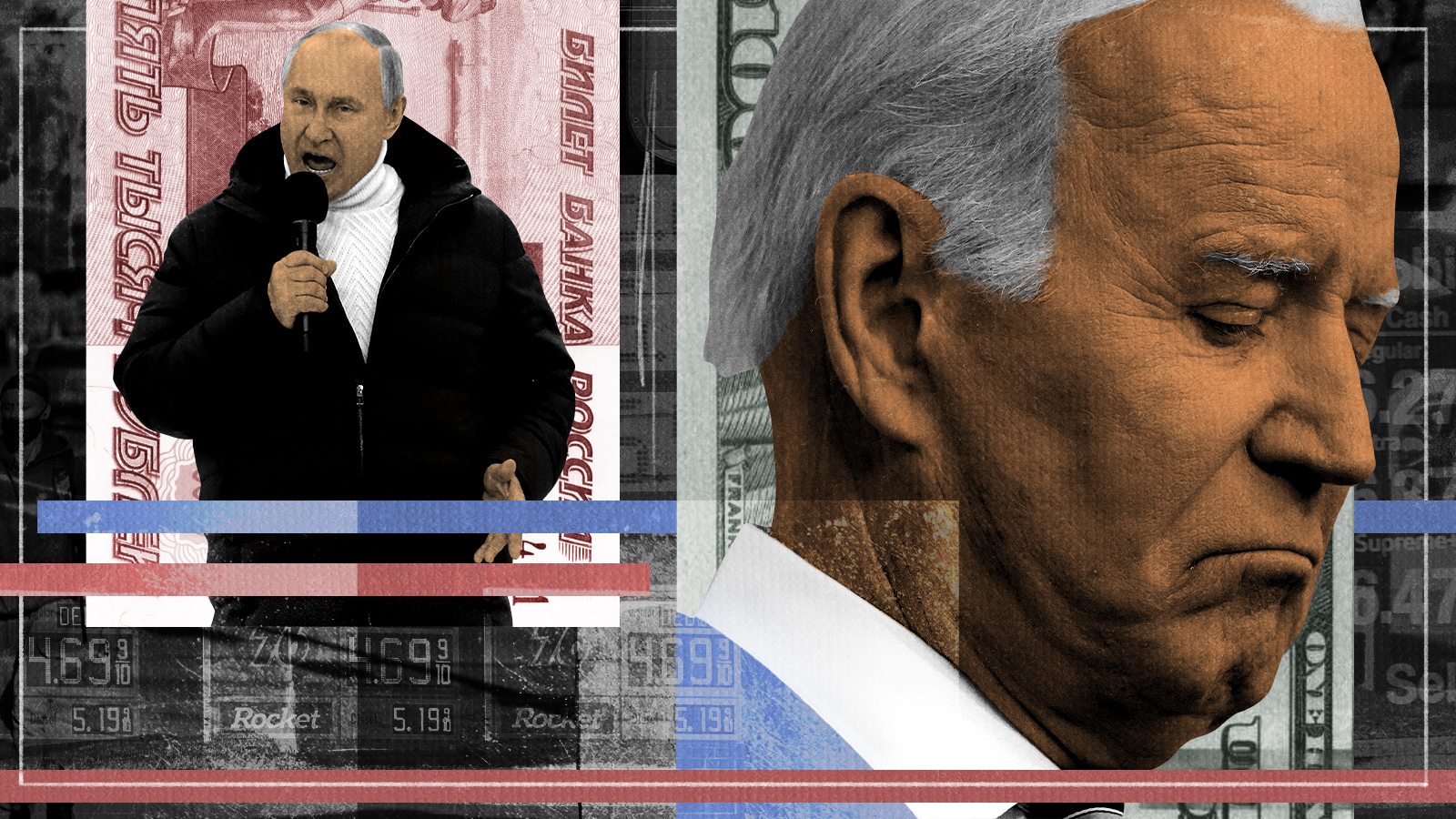
A free daily email with the biggest news stories of the day – and the best features from TheWeek.com
You are now subscribed
Your newsletter sign-up was successful
Shortly after its invasion of Ukraine began, Russia clinched the title of world's most-sanctioned nation, bypassing even long-isolated countries like Iran, North Korea, and Syria. Of course, the newly-imposed economic measures are meant to hold specifically Russia accountable, but … might Americans feel some of the burn? Here's everything you need to know.
What sanctions have thus far been levied on Russia?
The U.S. first responded to Russian President Vladimir Putin's attack with sanctions against Russian financial institutions, the sale of sovereign debt abroad, and Russian oligarchs and their family members, including those who "personally gained from the Kremlin's policies," Biden announced last month.
The Week
Escape your echo chamber. Get the facts behind the news, plus analysis from multiple perspectives.

Sign up for The Week's Free Newsletters
From our morning news briefing to a weekly Good News Newsletter, get the best of The Week delivered directly to your inbox.
From our morning news briefing to a weekly Good News Newsletter, get the best of The Week delivered directly to your inbox.
And following pressure from Congress, Biden also recently announced a ban on the import of Russian oil and gas, a decision he conceded will have a profoundly negative effect on the price of fuel in the U.S. "We will not be part of subsidizing Putin's war," Biden remarked while announcing the embargo. But "defending freedom is gonna cost," he noted. The U.S. and its allies also decided to cut off a significant portion of Russia's high-tech imports.
Furthermore, the U.S. last week moved to revoke Russia's "most favored nation" trade status and ban the import of Russian alcohol, seafood, and diamonds. Lifting the trade classification downgrades Russia as a trading partner and makes new tariffs and economic retaliation possible, CNBC explained.
As for U.S. allies, they've mostly followed suit — the United Kingdom and European Union have moved to ban the shipment of luxury goods to Russia, with the U.K. also imposing a 35 percent tax on some imports from Russia, including vodka. Russian flights have been banned from U.S., U.K., E.U., and Canadian airspace, and the U.K. and E.U. have joined the U.S. in targeting wealthy business leaders believed close with Putin and his cronies.
As for oil and gas, the U.K. will phase out Russian oil by the end of 2022, since the E.U. (which receives a quarter of its oil and 40 percent of its gas from Russia, per BBC News), decided to "switch to alternative supplies and make Europe independent from Russian energy 'well before 2030,'" BBC News writes. Germany, meanwhile, has halted the Nord Stream 2 pipeline, which is intended to funnel Russian gas to Europe.
A free daily email with the biggest news stories of the day – and the best features from TheWeek.com
Speaking of oil and gas, what's happening with prices at the pump?
They're skyrocketing. For probably a few reasons, beyond just Putin.
To start, there's the post-pandemic demand for gas. When COVID-19 first upended our lives and locked us inside our homes, "the typical driver cut their driving in half," CBS News writes. As a result, fuel prices plummeted to an average of just $1.94 per gallon in April 2020. As the world slowly recovered, however, Americans once again hit the roads and prices began edging back up.
Meanwhile, during the virus' early days, OPEC and other oil-producing countries like Russia slashed production by "an unprecedented 10 million barrels," per CBS News; that's 10 percent of the global supply. But when demand was slowly revived, the world's oil producers took too long to meet the moment.
This, of course, brings us to Putin's misguided attempt at redrawing the world map with his invasion of Ukraine — as if prices weren't already rising for the other aforementioned reasons. Though the U.S. imports less than 10 percent of its oil and gas from Russia, any America-imposed sanctions — such as Biden's newly-announced ban on Moscow oil and gas — have a profound effect on the global oil market. Hence, an increase in prices back home.
"When the U.S. issues sanctions, that has wide ramifications on the ability of Russia to export oil," Patrick De Haan, head of petroleum analysis for price tracking company GasBuddy, told CBS News. "We don't import a lot, but somebody else does and we are making it difficult for Russian oil to flow to the global market, and prices are reacting to that."
As for when prices might go back down, experts warn costs will stay high for weeks, if not months.
"Inflation will accelerate in March and April as the knock-on effects of the Russia-Ukraine war push prices even higher at supermarkets, gas pumps, and on utility bills," Bill Adams, chief economist for Comerica Bank, said in a report, per CBS News. Maybe we can all just drive slower.
What about food prices?
Those are up, too.
Even before Putin launched his assault on Ukraine, global food prices were at their highest point since 2011 and Americans were battling frustratingly-high levels of inflation at the grocery store. Now, however, given the dozens of countries that rely on Russia and Ukraine's supply of wheat, corn, and vegetable oil, experts fear Putin's crusade could spin global prices even higher. "Hunger rates are rising significantly globally, and one of the largest drivers of hunger is manmade conflict," said Steve Taravella, senior spokesperson at the United Nation's World Food Programme.
The American Bakers President Robb MacKie told The Washington Post that consumers will probably see a price hike for any product with grain in it. Wells Fargo's chief agricultural economist Michael Swanson has assumed "Ukrainian crops won't get planted, or not anywhere near what they typically plant. And the Russian crops will be planted but will be embargoed in many markets."
"This is not something that will be resolved in weeks or months," he added.
Also inflating food costs are the skyrocketing energy prices.
What are the other drawbacks of sanctions?
Well, aside from the resulting financial strain in the U.S., Russia still has the power to fight back. For instance, on Tuesday night, the Kremlin sanctioned a number of high-ranking U.S. officials, including President Biden and former secretary of state Hillary Clinton. Though the measure is largely symbolic, considering the listed individuals have ostensibly no business ties to Russia, it does bar those affected from visiting Moscow, for example.
Sanctions also run the risk of angering Putin to the point he further escalates the conflict, War on the Rocks suggests. Perhaps he adopts different strategies, or perhaps he finds a better way to economically target the West.
On a more personal level, retaliatory measures against Russia — while an important element of ending a war without directly entering it — also have a chilling effect on humanitarian relations, perhaps incentivizing the Kremlin to use Americans in Russia as a bargaining chip. For example, U.S. officials are currently working behind the scenes to free WNBA star Brittney Griner from Russian custody, where she's reportedly been held since Feb. 17. But her family, her agents, her team, and the government have opted to investigate the situation under the radar, "a stance that, according to experts on Russian American relations and people familiar with the case, is a strategic one, probably being dictated by a crisis communications firm," the Post notes. Given the U.S. and Russia's strained relationship, which sanctions only serve to exacerbate, the last thing Griner needs is to be treated as a political pawn.
The athlete, who has for years played for a Russian basketball team during the WNBA off-season, was accused of trying to smuggle hashish oil into the country, though experts fear she could have been framed for the crime given her public profile as a Black, gay American and activist, the Post notes.
"I can't say definitively she didn't [do the crime]," posited Daniel Fried, former U.S. ambassador to Poland, "but the first thought I had when I read about [the arrest] is this sounds like [the Russians] taking an American hostage."
Are the sanctions working?
The sanctions levied against Russia are certainly expected to alter daily life in Moscow, but whether or not they alter the course of the invasion has yet to be seen.
Hundreds of international companies like Apple, Coca-Cola, and Goldman Sachs have exited the country for issues of both business and ethics, while the ruble meanwhile plunges in value. The country's stock market has yet to open, and the government is at risk of defaulting on bond payments. But still, even with the consequences, Putin may just continue unperturbed.
"Have sanctions given Putin a powerful incentive to cut a deal? Yes," former Obama administration sanctions policy official Edward Fishman told Axios. "But is that incentive strong enough for Putin to actually end the war? That's doubtful."
Brigid Kennedy worked at The Week from 2021 to 2023 as a staff writer, junior editor and then story editor, with an interest in U.S. politics, the economy and the music industry.
-
 ‘Those rights don’t exist to protect criminals’
‘Those rights don’t exist to protect criminals’Instant Opinion Opinion, comment and editorials of the day
-
 Key Bangladesh election returns old guard to power
Key Bangladesh election returns old guard to powerSpeed Read The Bangladesh Nationalist Party claimed a decisive victory
-
 Judge blocks Hegseth from punishing Kelly over video
Judge blocks Hegseth from punishing Kelly over videoSpeed Read Defense Secretary Pete Hegseth pushed for the senator to be demoted over a video in which he reminds military officials they should refuse illegal orders
-
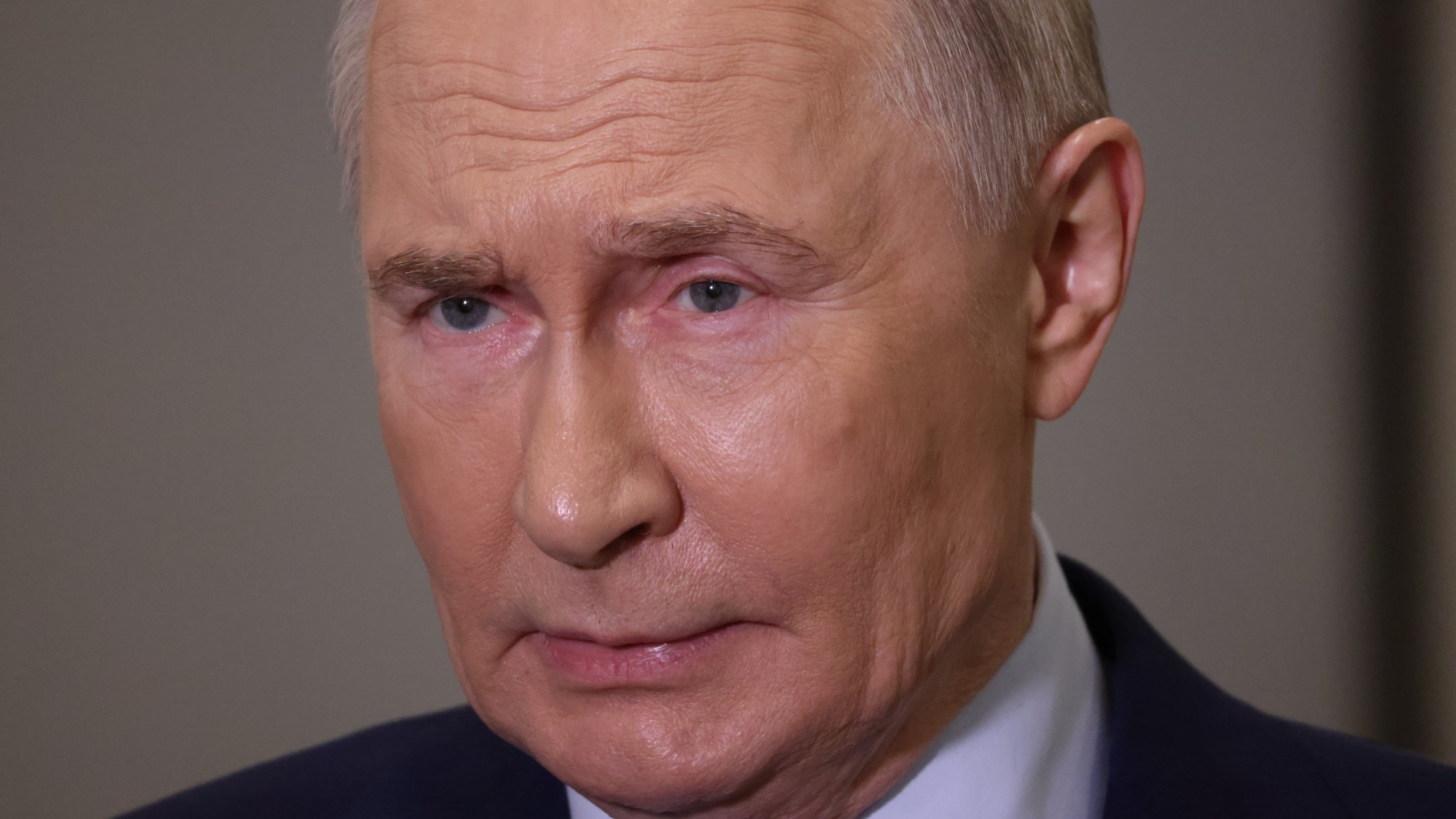 Will latest Russian sanctions finally break Putin’s resolve?
Will latest Russian sanctions finally break Putin’s resolve?Today's Big Question New restrictions have been described as a ‘punch to the gut of Moscow’s war economy’
-
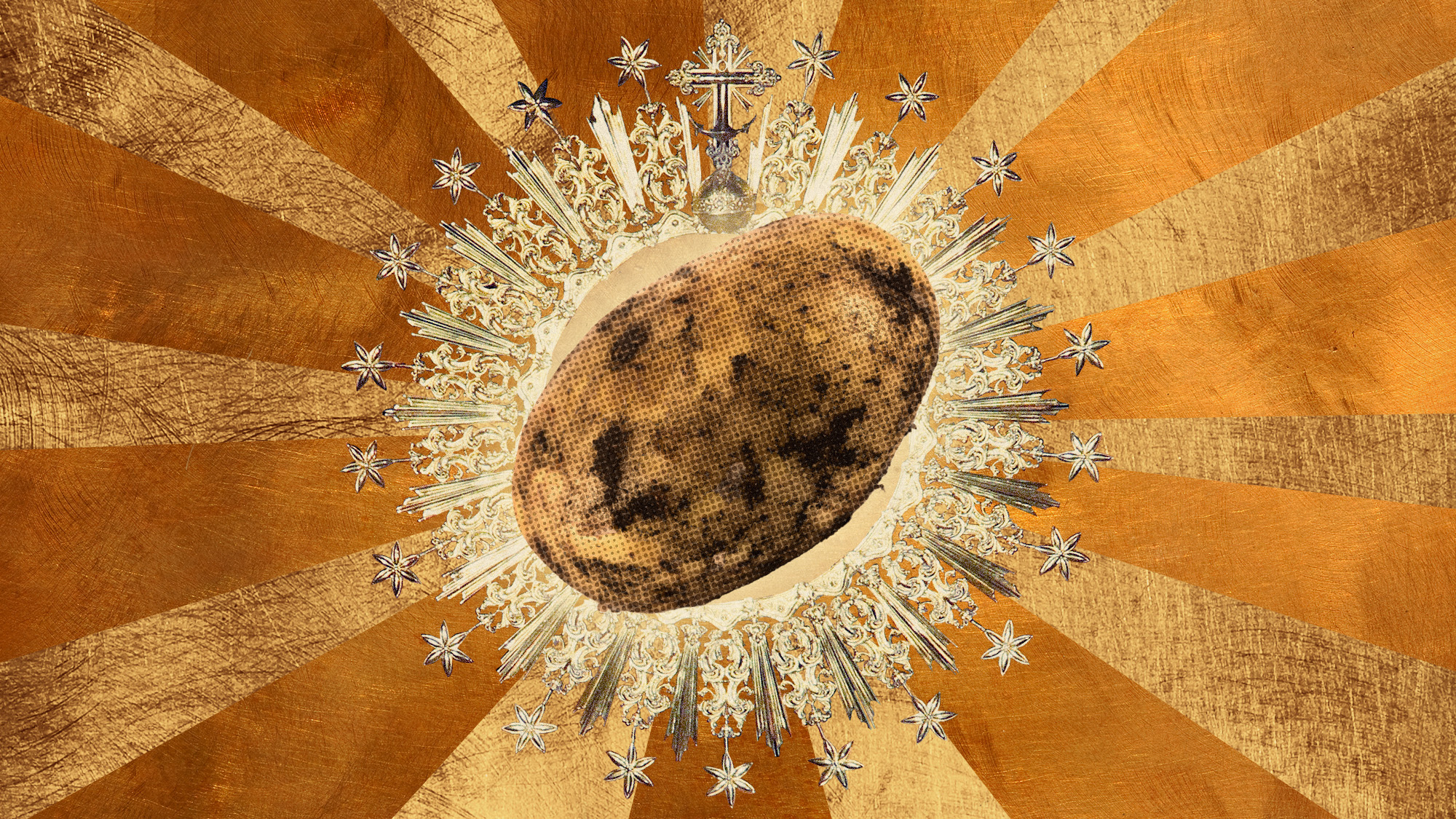 How potatoes became an 'unusual bellwether' in Russia's economy
How potatoes became an 'unusual bellwether' in Russia's economyUnder The Radar Spud shortages are pointing to a wider crisis in the nation's finances
-
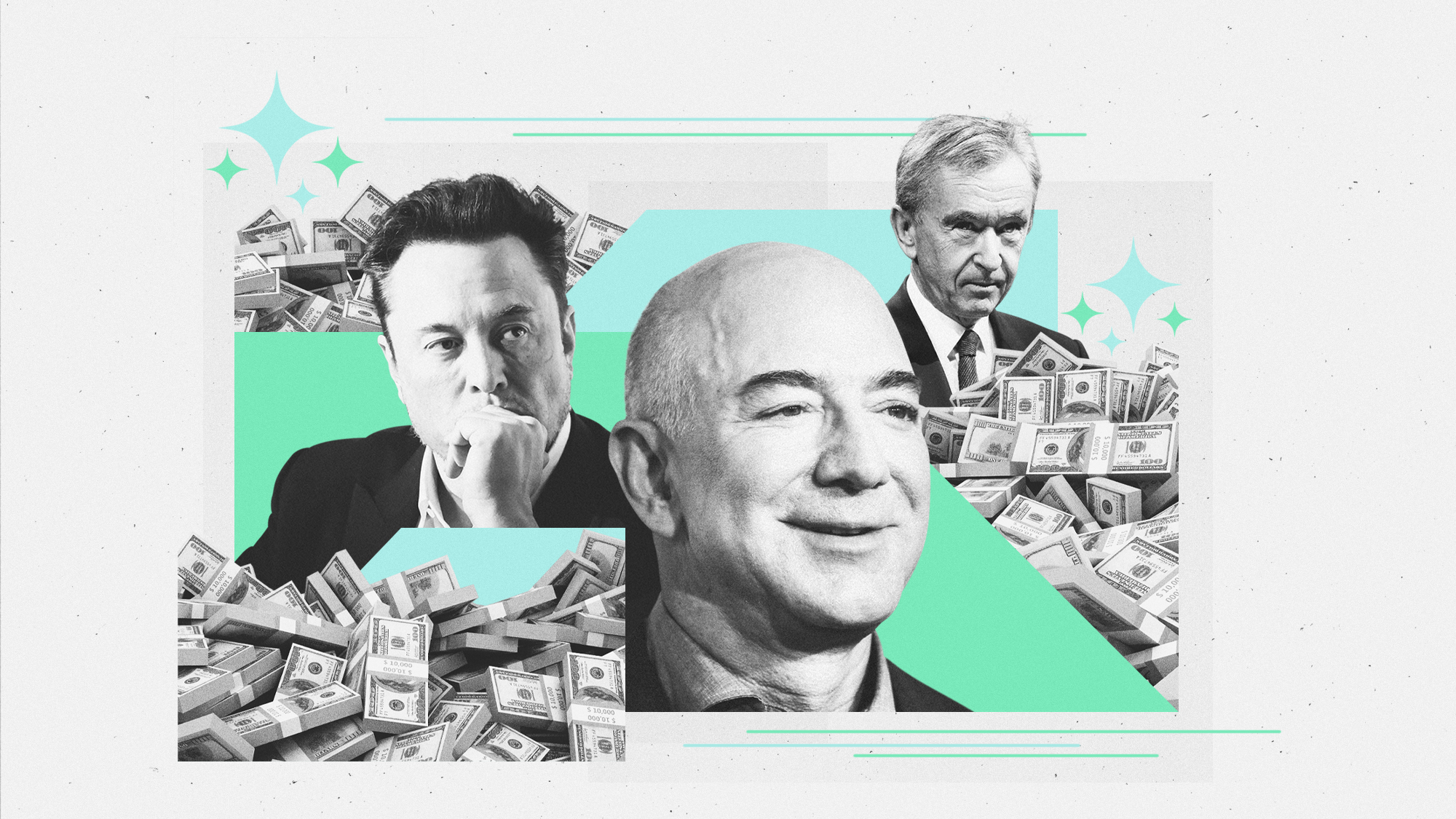 The rise of the world's first trillionaire
The rise of the world's first trillionairein depth When will it happen, and who will it be?
-
 The surge in child labor
The surge in child laborThe Explainer A growing number of companies in the U.S. are illegally hiring children — and putting them to work in dangerous jobs.
-
 Your new car may be a 'privacy nightmare on wheels'
Your new car may be a 'privacy nightmare on wheels'Speed Read New cars come with helpful bells and whistles, but also cameras, microphones and sensors that are reporting on everything you do
-
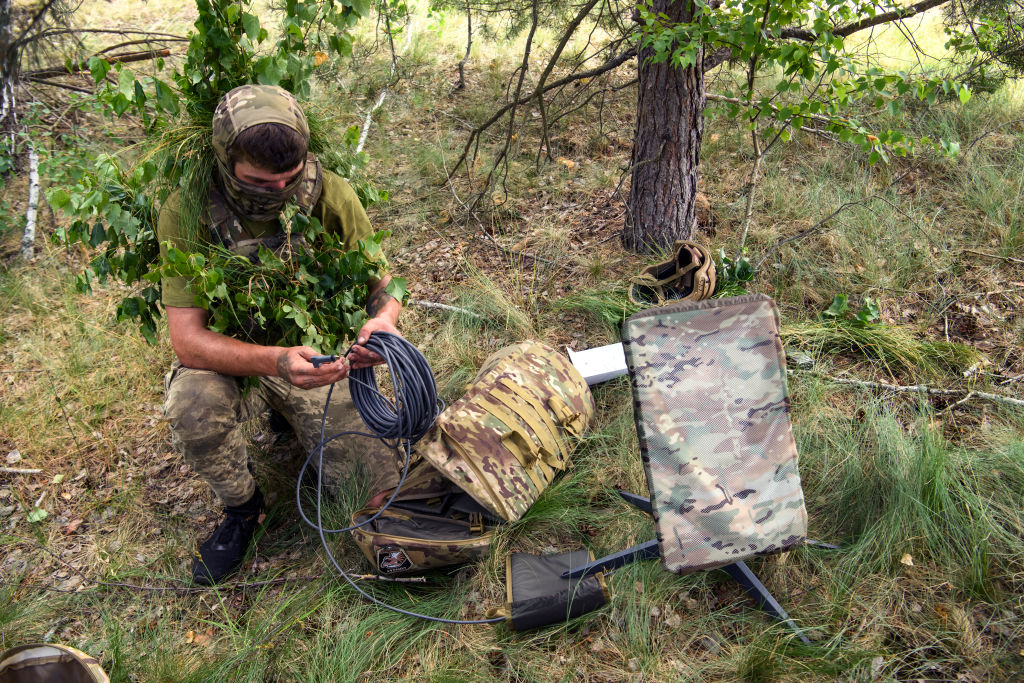 Elon Musk used Starlink, which saved Ukraine, to thwart a Ukrainian attack on Russia's Crimea fleet
Elon Musk used Starlink, which saved Ukraine, to thwart a Ukrainian attack on Russia's Crimea fleetSpeed Read
-
 Empty office buildings are blank slates to improve cities
Empty office buildings are blank slates to improve citiesSpeed Read The pandemic kept people home and now city buildings are vacant
-
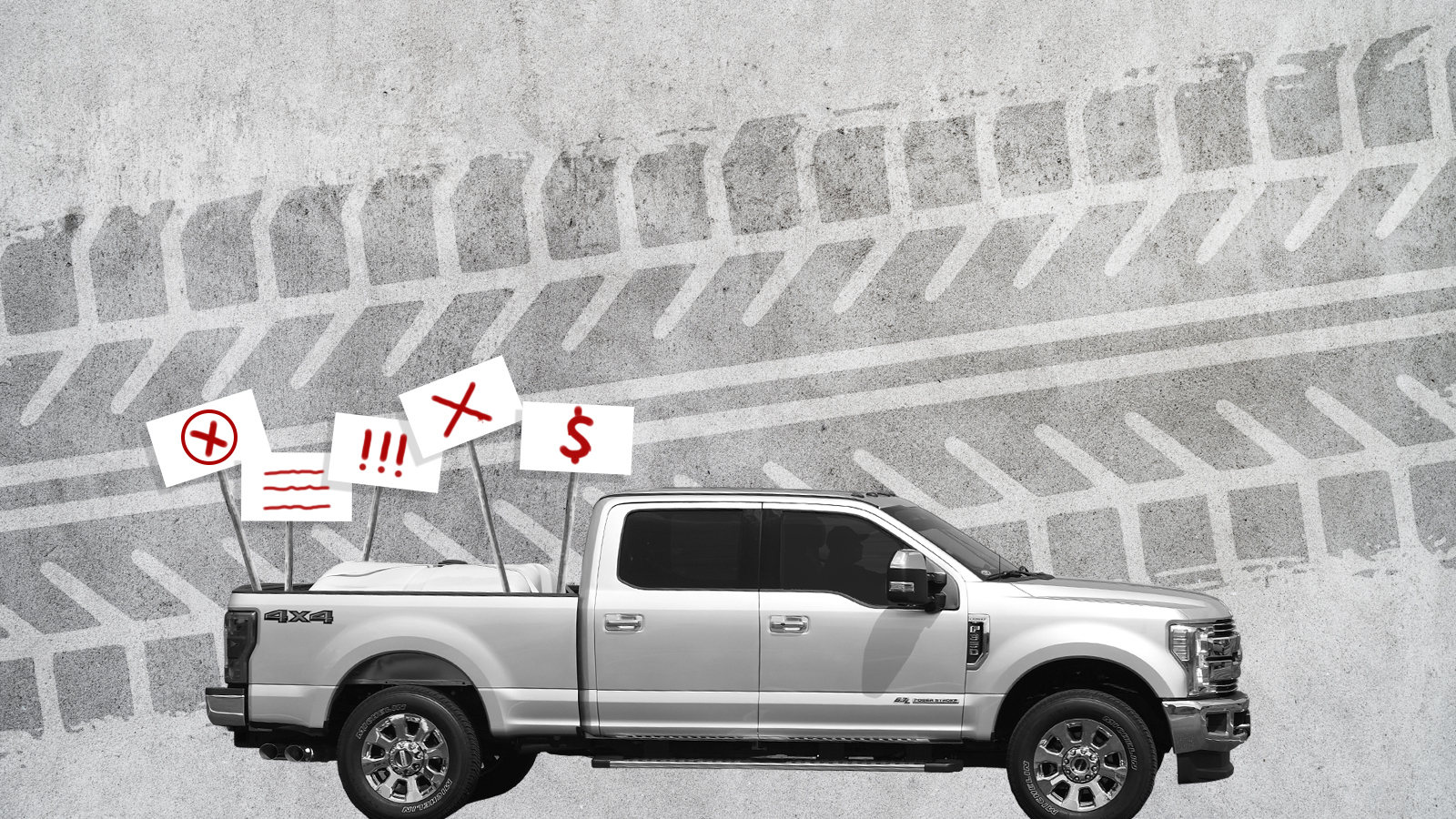 Why auto workers are on the brink of striking
Why auto workers are on the brink of strikingSpeed Read As the industry transitions to EVs, union workers ask for a pay raise and a shorter workweek
